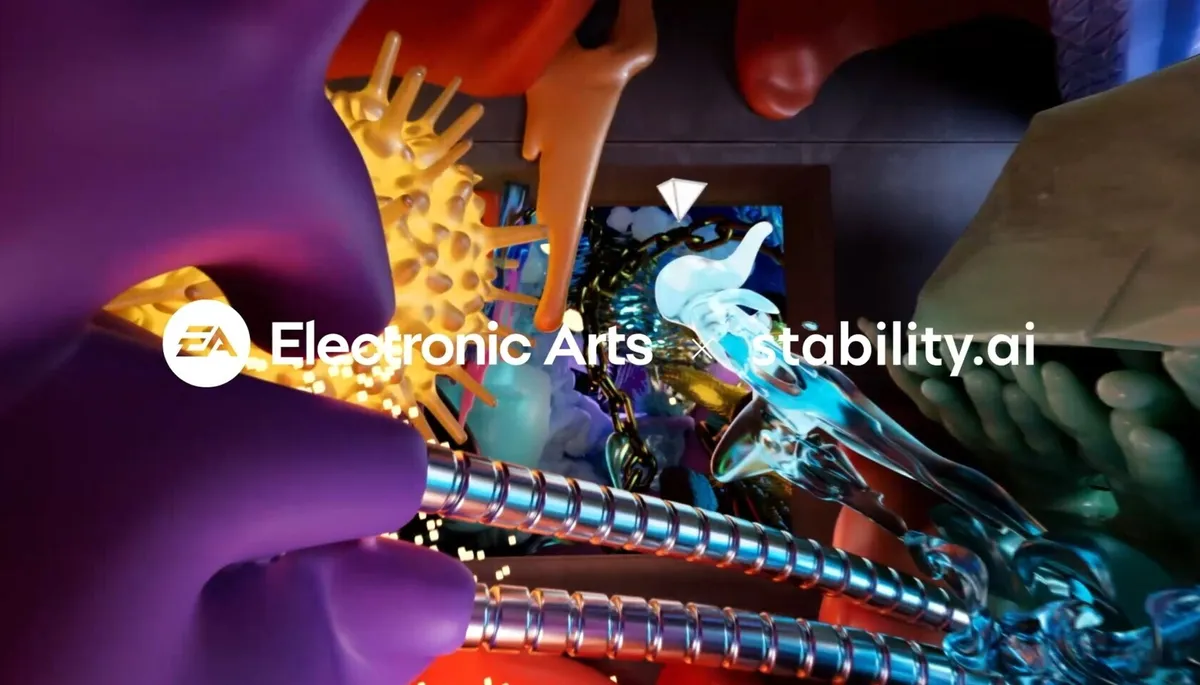
The integration of AI tools in the gaming industry has sparked significant discussions, particularly regarding the impact on game developers. Recently, reports have surfaced indicating that despite a year of use, EA's AI tools are still costing developers valuable time. This situation has led to a mixture of skepticism and frustration among industry professionals.
One commenter highlighted the harsh truth that many companies, including EA, are struggling to implement AI technology effectively. A report from MIT revealed that an astonishing 95% of companies investing between $30 to $40 billion in AI are seeing no return on investment. This raises questions about whether these large corporations truly understand how to harness the potential of AI within their workflows.
Another user stressed that the responsibility lies with management rather than the developers themselves. The management teams may lack the necessary knowledge to identify where AI could be beneficial, leading to ineffective implementations that hamper productivity instead of enhancing it.
The introduction of AI in various tasks has raised concerns about job security for game developers. One commenter expressed that the more time developers spend training AI systems, the less secure their positions become in the long term. This fear of obsolescence could lead to resistance among developers, who may feel compelled to slow down the advancement of AI technologies.
Furthermore, there are worries that companies may opt to replace experienced developers with less expensive interns, ultimately undermining the quality of game development. This trend is already visible at companies like Ubisoft, where cost-cutting measures have resulted in significant layoffs.
While some believe that AI could eventually replace certain tasks, many agree that the technology remains insufficient to fully replace talented game developers. A commenter pointed out that AI-generated content often lacks the quality and depth that human developers bring to the table. The current state of AI-generated video is still underwhelming, with many products failing to meet the high standards expected by consumers.
Moreover, the technology’s reliance on pattern recognition rather than genuine understanding raises questions about its effectiveness in creative fields, such as game design. Critics argue that the current AI tools produce output that may require more time to correct than if a skilled developer created it from scratch.
Despite the challenges, some commenters believe that AI is here to stay and that developers must adapt to this new reality. Tools like AI-driven coding assistants can streamline workflows and improve efficiency, making them essential for modern developers. However, there is a consensus that the technology needs to mature significantly before it can be relied upon fully.
As the gaming industry continues to evolve, the balance between leveraging AI technology and preserving the integrity and creativity of game development remains a critical conversation. It will be interesting to see how major companies like EA navigate this landscape in the coming years.